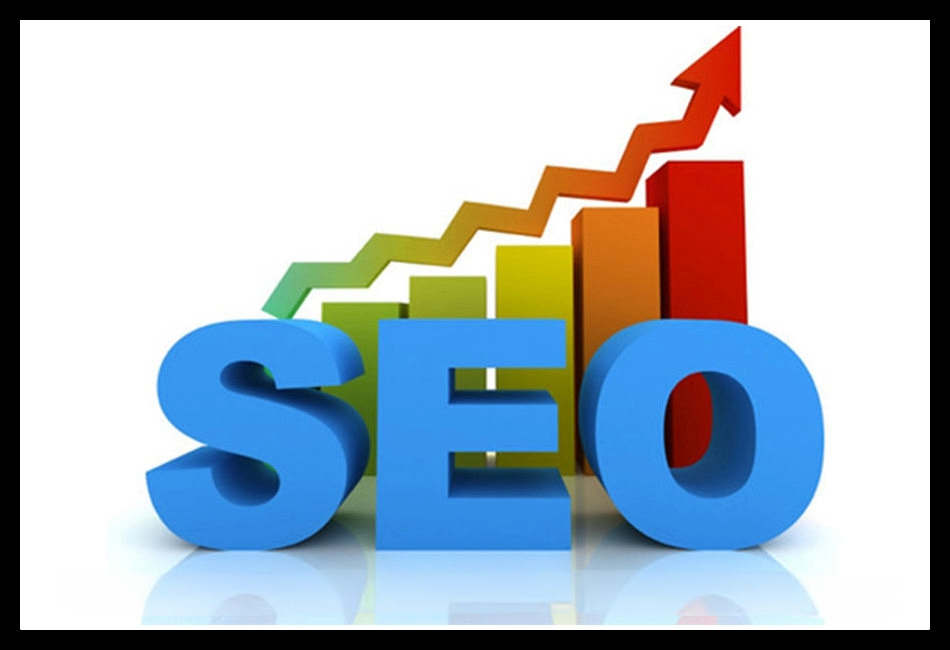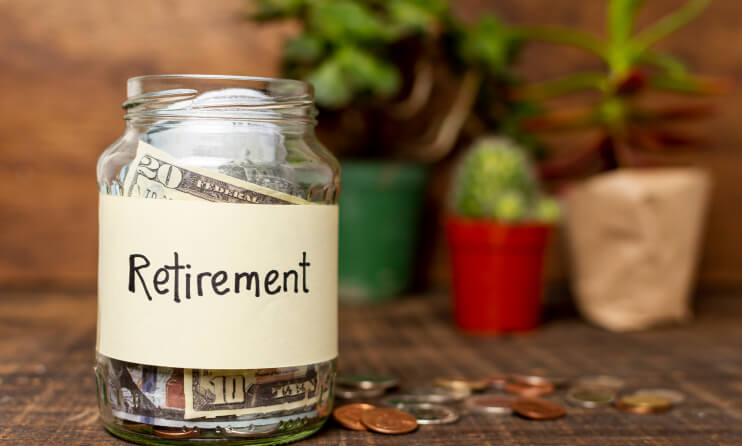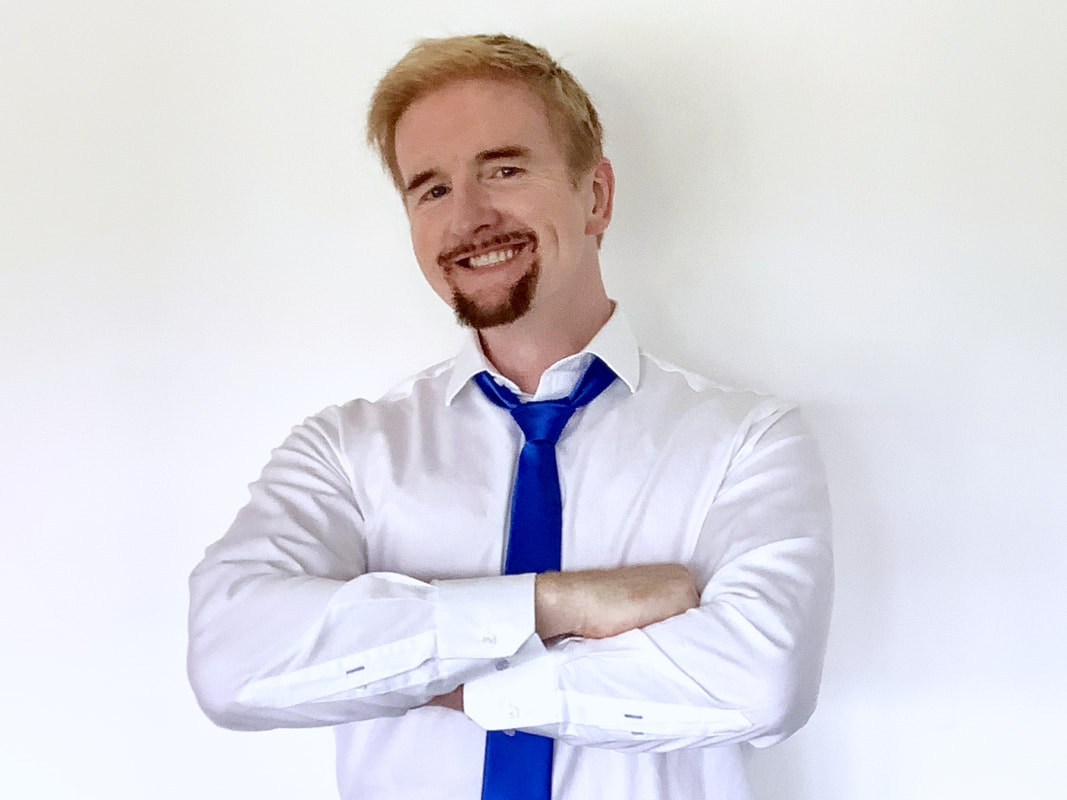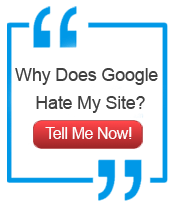SEO Explained. Google Ads Decoded. Web Design Uncovered. Facebook Exposed. Content Marketing Gone Viral. All the Information. None of the Sales Pitch.
Digital Marketing Blog
"It's Not About Having the Most Men in the Room,
It's About Being the Smartest Man in the Room".
Brian M Logan

Just How Valuable is the 1st Page of Google? SEO Statistics You Need to See to Believe
September 19, 2013
How Old is the Internet? or ”Happy 25th Birthday to the World Wide Web!”
March 12, 2014What Google Looks for When Ranking a Website – The 5 Must Know Things to Get Your Website on the First Page

There are literally thousands of algorithmic factors that Google weighs when working out who goes where in a particular search. Trying to get your head around what algorithm affects what outcome is a little like chasing the rainbow looking for a pot of gold. Because by the time you’ve got to where the end of the rainbow was…it has already moved on.
Or – in the words of an SEO expert – by the time you work out what Google algorithm affects what short or long tail searches you’re trying to rank for in the SERPs (Search Engine Ranking Positions), Google up and changes the algorithms* and you’re back to square one.

*Google on average rolls out between 500 to 600 algorithmic updates every year. Or just over one and a half algorithm updates every single day…
However, notwithstanding the continuously changing slings and arrows of outrageous Google fortune, there are some factors that are pretty much constant. How important they are can change (and have changed) over time, but they are still with us so are worth mentioning here. There are many, many others factors of course. And if you want to know the Top 50 Google Ranking Factors (IN ORDER) that Google uses to rank websites, you might wish to book yourself or your staff into our one day SYDNEY SEO TRAINING COURSE (where this, and every other piece of ‘Must Know’ information about Google is revealed IN DETAIL).
The 5 Things Google Values Most in a Website
1. Age of the Domain as a Factor in Search Engine Trust.
Age of the domain is important because the older a domain is, the more times the Google spider has crawled it and thus the more it is inherently ‘trusted’ by Google.
Newer websites are at a distinct disadvantage when compared to older websites for just this reason. There are ways to get around this problem (which will be discussed in a different blog entry at a later date), but make no mistake, if your website is still wet behind the ears, Google will know it, and it’s much harder for your site to rank in the SERPs.
Note: despite what you may have read, every page on the web is its own ‘website’, and has its own ‘Trust Value’ in Google’s eyes. So if your site has 1,000 pages, that equates in a very real sense, to 1,000 websites in Google’s eyes. Of course Google knows that all the pages belong to the main TLD (Top Level Domain), but every page is viewed as a separate entity with its own ranking signals as well as a part of the entire domain. Which means that, on rare occasions, a page in a website can actually have a higher PR (Page Rank) than the home page it belongs to (though this is highly unusual, as most links go to a site’s home page).
2. Page Rank / PR.
Every page on the web has a Page Rank (PR). Page Rank goes from 0 to 10. The higher the Page Rank the more innate trust value that page has in Google’s eyes. Page Rank is an algorithm created by Larry Page, who with Sergey Brin was one of the two co-founders of Google in 1997 / 1998. Page Rank is not only a clever play on Larry’s surname, but is an algorithm that exists to rank websites based on the trust value given to that site’s content, by other websites.
In times past Page Rank was the huge elephant in the room in Search Engine Optimisation and played a major factor in where you ranked in the SERPs. How could it not as it was the very algorithm that changed the landscape of search as we know it (for everyone – including Yahoo and what we now know as Bing). As such the Page Rank algorithm would update every 3 months or so because of it. But in the last few years Google has been downplaying Page Rank, at least publicly. They don’t offer a Page Rank toolbar for Chrome and they stopped supporting the Page Rank Toolbar for Firefox back in 2011, which many in the SEO community took to mean the death of Page Rank.
Indeed, as far back as 2009, Google’s Amit Singal said in a Bloomberg Interview:
“No one should feel, if I dismantle the current search system, someone will get upset. That’s the wrong environment. When I came, I dismantled [Google cofounders] Larry and Sergey’s whole ranking system. That was the whole idea. I just said, That’s how I think it should be done, and Sergey said, Great!”
However reports of the demise of Page Rank have been vastly overstated. Page Rank is still important (for indexing and search reasons) today, and is still the cornerstone of how Google prioritises their search results. It’s just that Google now has (post the Panda and Penguin updates particularly) many hundreds of ranking factors that they use in concert with Page Rank, to work out where a website should appear in the SERPs, and so are much less reliant on the time honoured ‘how many links you have pointing at your website’ metric than they were back in the day.
3. On-Page SEO Factors.
On page factors are vitally important in ranking a website, with the quality of the written content, post Panda, being the single most important factor in search today.
Other on-page factors such as how fast a page loads, meta tags and description, et al, combine to give Google an idea of the quality and relevancy of your website’s content and web design. But now, in 2014, it all starts with HOW WELL THE CONTENT IS WRITTEN.
Which, let’s face it, is exactly how it should be. Because Google search is ultimately only interested in two things: 1) relevancy of the content to the search, and 2) the quality of the content itself. Everything else is window dressing to put those two factors together.
4. Off-Page SEO Factors.
Off page factors such as the type of links, number of links, anchor text, etc are less important now than they were before Google released the Penguin and Panda algorithms. But make no mistake they’re still very important. Though if the current trend toward content being king, continues (as I assure you it will), Google will, over time I believe, phase out their reliance on links all together*.
*And it’s only at THIS point that Page Rank will be retired.
In 2014 however a targeted (rather than an aggressive) off-page strategy is still vital to a website getting on the first page of Google.
Think of it this way, if you put up a new website Google says, ‘The only people who think the content on this website is any good, are the people who put it there’, so Google is more or less ‘Content Neutral’ at the time the website is launched. But when other websites (that Google trusts) link to a page on your website, then you receive a tacit endorsement of the quality of your content (on that page) by a third party. And the more third party websites that give your content the ‘thumbs up’ via a link, and the more relevant that third party is to what you do and where you are, the higher up the search rankings that particular page goes.
Note: whatever you do though, do NOT hire an SEO company in India (or similar) or an SEO company in Australia who outsources link building to India (ASK THIS QUESTION!). Because one in three calls SEO North Sydney & Web Design gets each day, is from a business whose website is suffering from a Penguin penalty (either algorithmic or manual) due to toxic links. And ‘recovering’ a site from toxic links is an expensive and time consuming process, with no guaranteed end result.* Many clients in fact choose to dump their old domain completely when they get a penguin penalty because it will cost too much and take too long to fix, and thus are forced to start again from scratch. And as I’ve mentioned above, new sites have no innate trust value in Google’s eyes, so a company doing this finds themselves back to square one due to being forced to pick the lesser of two evils.
*it can take anywhere between 3 and 9 months for a site to recover from a Penguin penalty on average.
5. Number of Pages in Relation to Search Engine Optimization.
Post the Panda algorithm, this is more important than ever. It’s what I dubbed, ‘The Wikipedia Principle’. Because the more pages you have, and the greater the depth of knowledge you express on a given topic, the more likely Google will think you’re an ‘authority’ on the subject you’re discussing. But don’t think that having hundreds of pages by and of itself will rank your site. Because, due to Google’s Panda algorithm now being able to use a sub-section of Machine Learning known as Support Vector Networks to gauge the quality of a site’s content and practically read the page like a human being (it can now literally tell great content from good content and good content from bad content), if you’ve just got dozens or hundreds of pages of poorly written or duplicate or ‘thin’ content on your website, having more pages will actually harm your site’s performance in the SERPs not help it. But if you want to rank for something, having more ‘supporting pages’ on a given topic and then using those supporting pages cleverly in your IA (Information Architecture) allows you to push page rank around your site to the places that need it most. This is known as page rank sculpting, which of late has got a bad rep (due to affiliate marketers and dodgy SEO companies abusing the practice for many years) but when used judiciously, this – plus the additional pages of original, brilliantly written ‘supporting’ content – can help you enormously. But again, done incorrectly, or by the untrained, this too can damage your site more than help it. But in the hands of trained (and ethical) SEO professionals like SEO North Sydney, this technique can produce exceptional results and a great deal of ‘quick wins’ in the SERPs.
**********
Want to master SEO? Then book in yourself or your staff for some SEO Training Sydney today! Sydney’s #1 SEO Trainer Brian M Logan shows you everything you need to get your company website on the first page of Google. SEO Training can be in-house (we come to you) or classroom based (you come to us).
Or you can always call us on 0425 204 887 if you want to leave your SEO Sydney requirements to the experts. Your website’s 1st Page of Google results are guaranteed in writing in the contract.
Enjoy this free article? Great! Don’t forget to Like it, Tweet it and LINK to it from your blog or website. Your sharing of the page with your friends is greatly appreciated! 🙂
Trending Articles on This Topic
How to Optimise Your eCommerce Buying Funnel for Multiple Visits
The Ultimate Technical Guide to Getting Your Book Found on Amazon
Enjoy this free article? Great! Please don't forget to 'Like it', 'Share it' and LINK to it from your blog or website.
Your sharing of the page with your friends is greatly appreciated!















